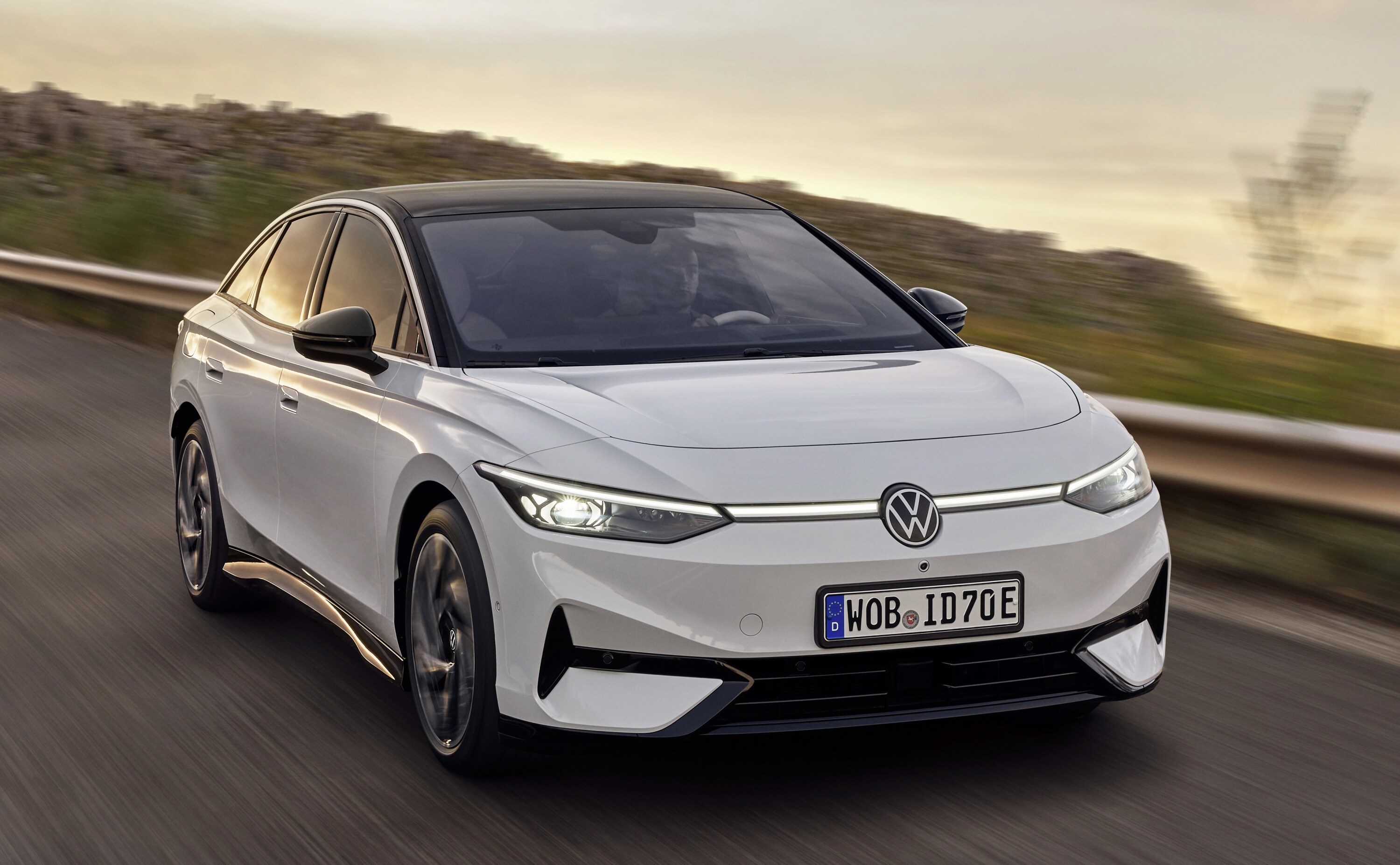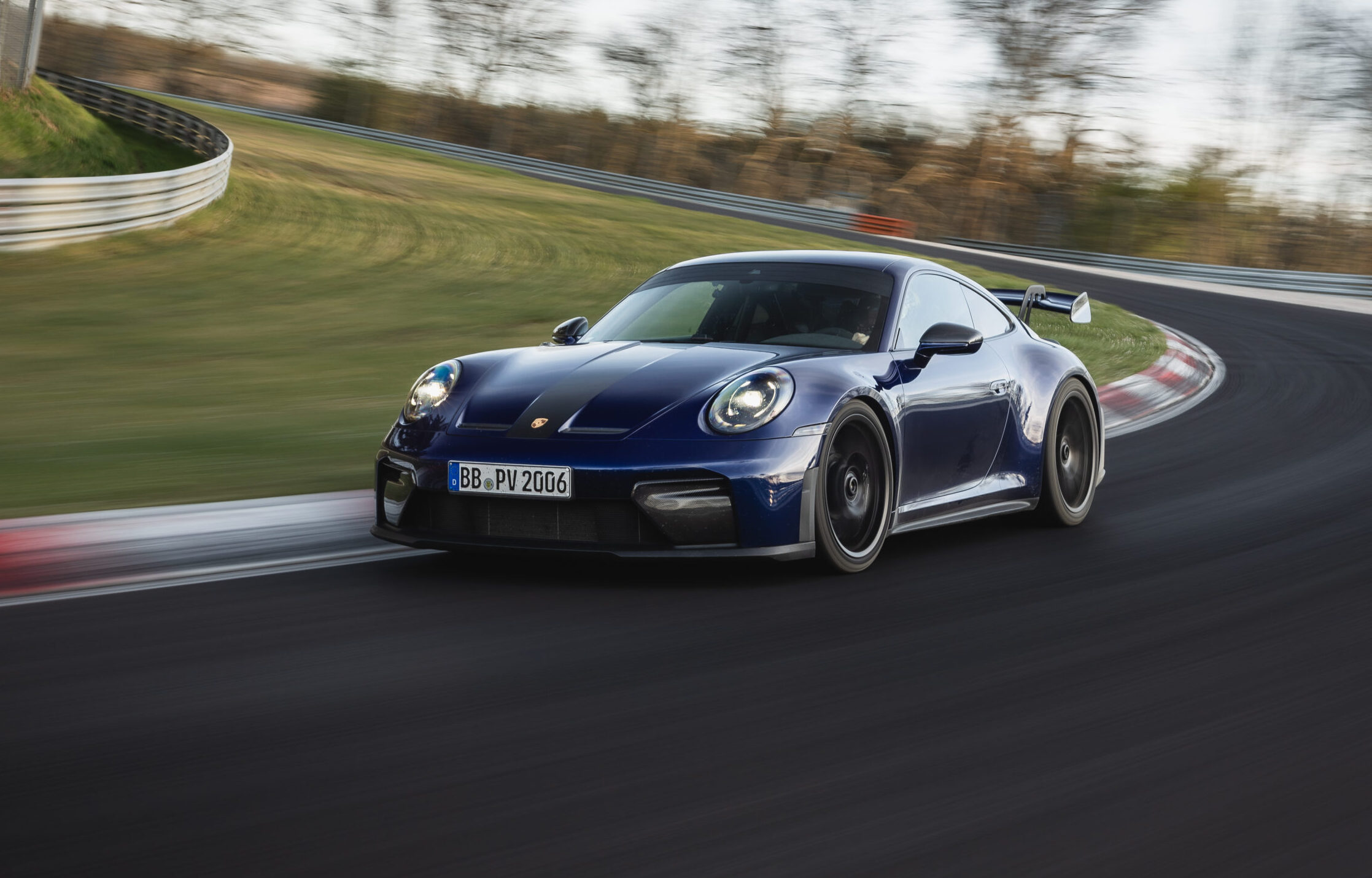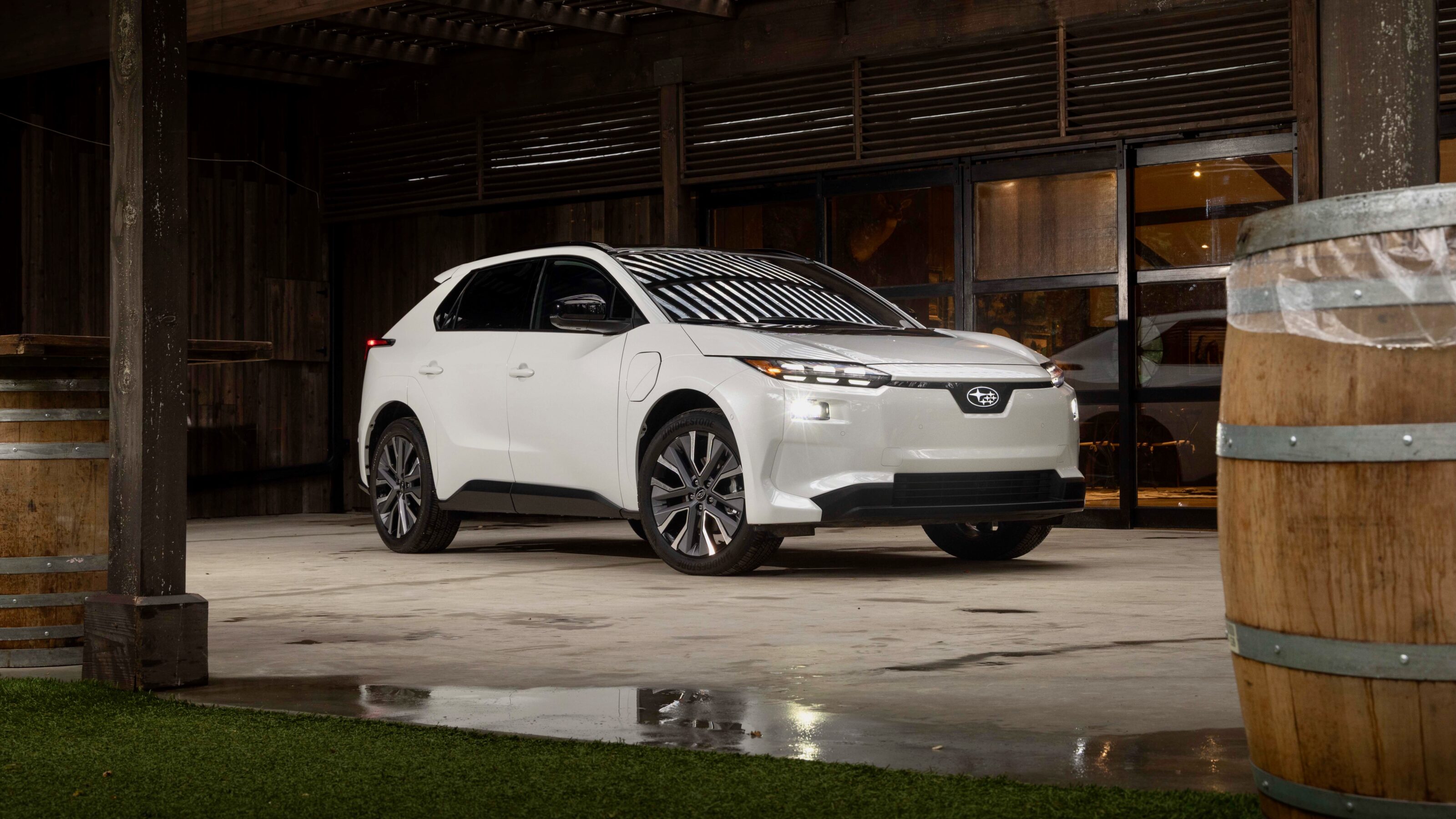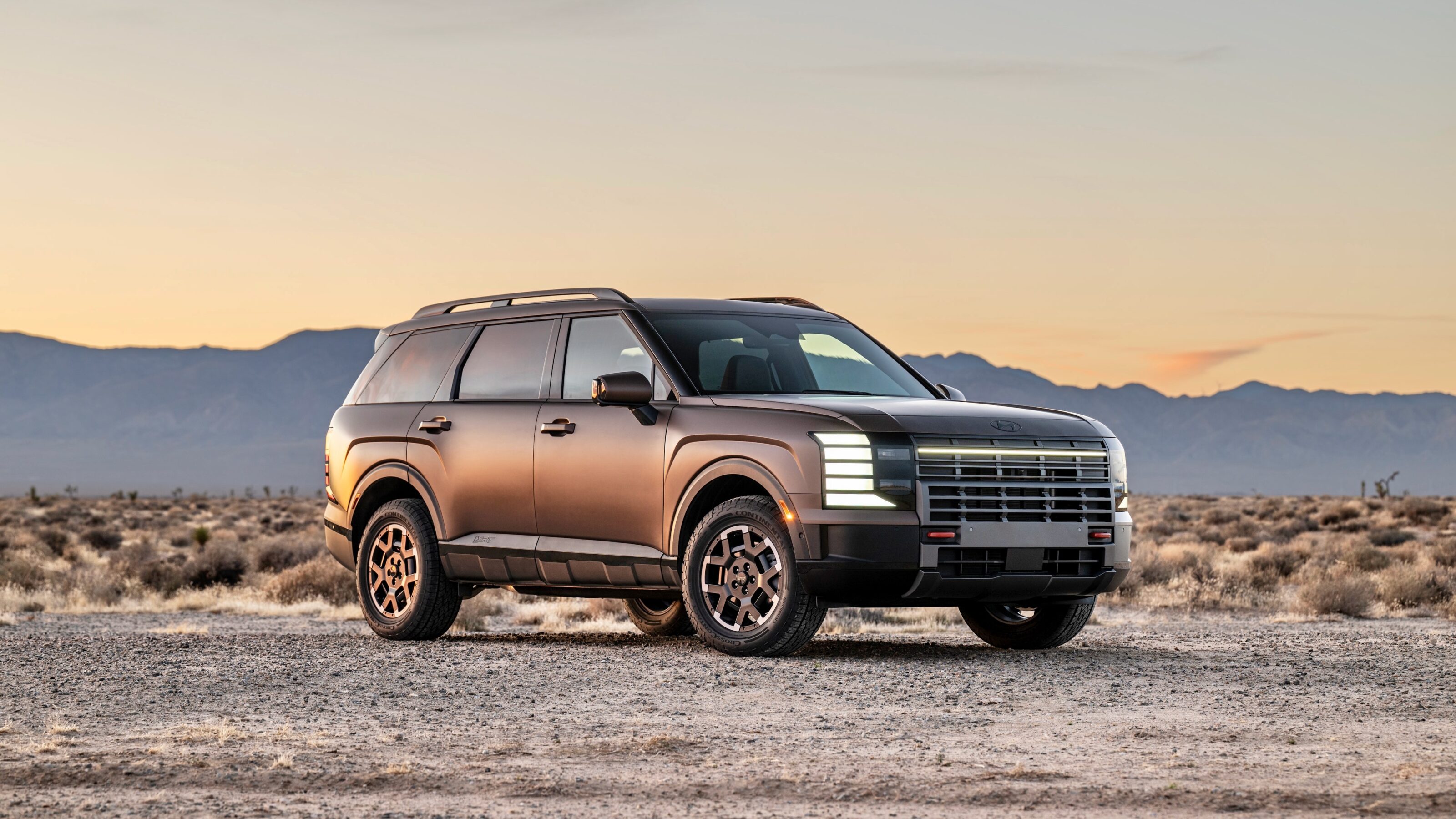The all-electric 2024 Volkswagen ID.7 sedan has debuted, ahead of its launch in Europe, China and North America.
Snapshot
- 2023 Volkswagen ID.7 all-electric sedan revealed
- Aerodynamic focus allows for 700-kilometre range
- Not coming to Australia u201cat this pointu201d
While Volkswagen has confirmed the ID.7 will be built in right-hand drive for the United Kingdom, the brand’s local arm has confirmed it won’t reach Australia.
“Volkswagen Australia is planning for several new electric vehicles to follow the ID.3, ID.4, ID.5, ID.Buzz and ID.Buzz Cargo. At this point, the ID.7 is not for our market as our focus will be on our electric SUV range,” said a spokesperson for the brand.
Under the skin, the ID.7 rides on Volkswagen’s dedicated rear-drive MEB electric vehicle architecture, as found underneath the ID.3, ID.4, ID.5 and ID.Buzz.
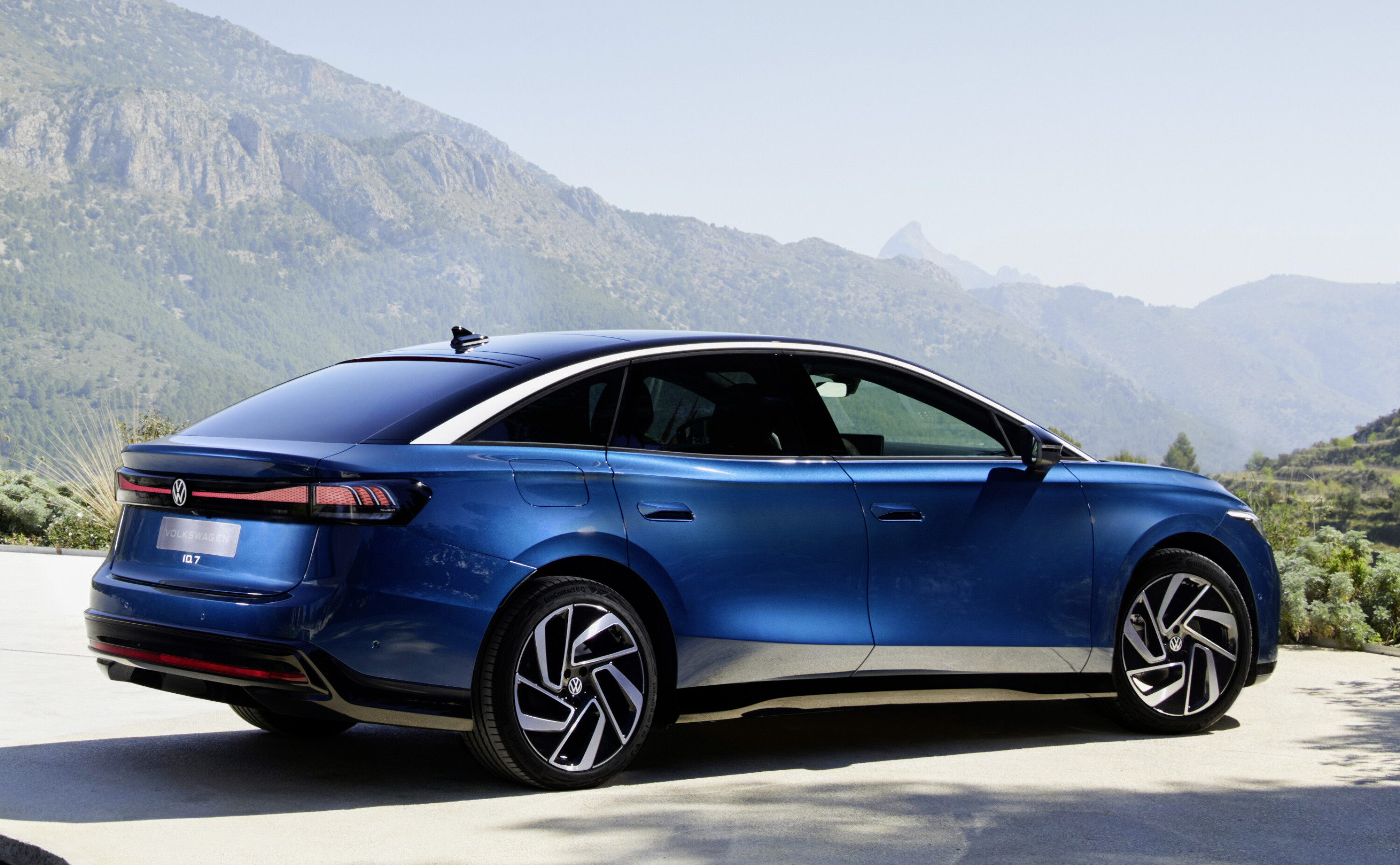
Pitched as a rival for the popular Tesla Model 3, and the Polestar 2, the ID.7 will be Volkswagen’s flagship electric vehicle – at least for now.
First previewed by the ID.Vizzion and ID.Aero concepts, the all-electric “fastback saloon” prioritises aerodynamics, with a flat undercarriage and sleek body allowing for a drag coefficient of 0.23 – matching the Tesla Model 3.
It is powered by Volkswagen’s new rear axle-mounted electric motor, codenamed AP550. It produces 210kW and approximately 550Nm, with no all-wheel-drive option.
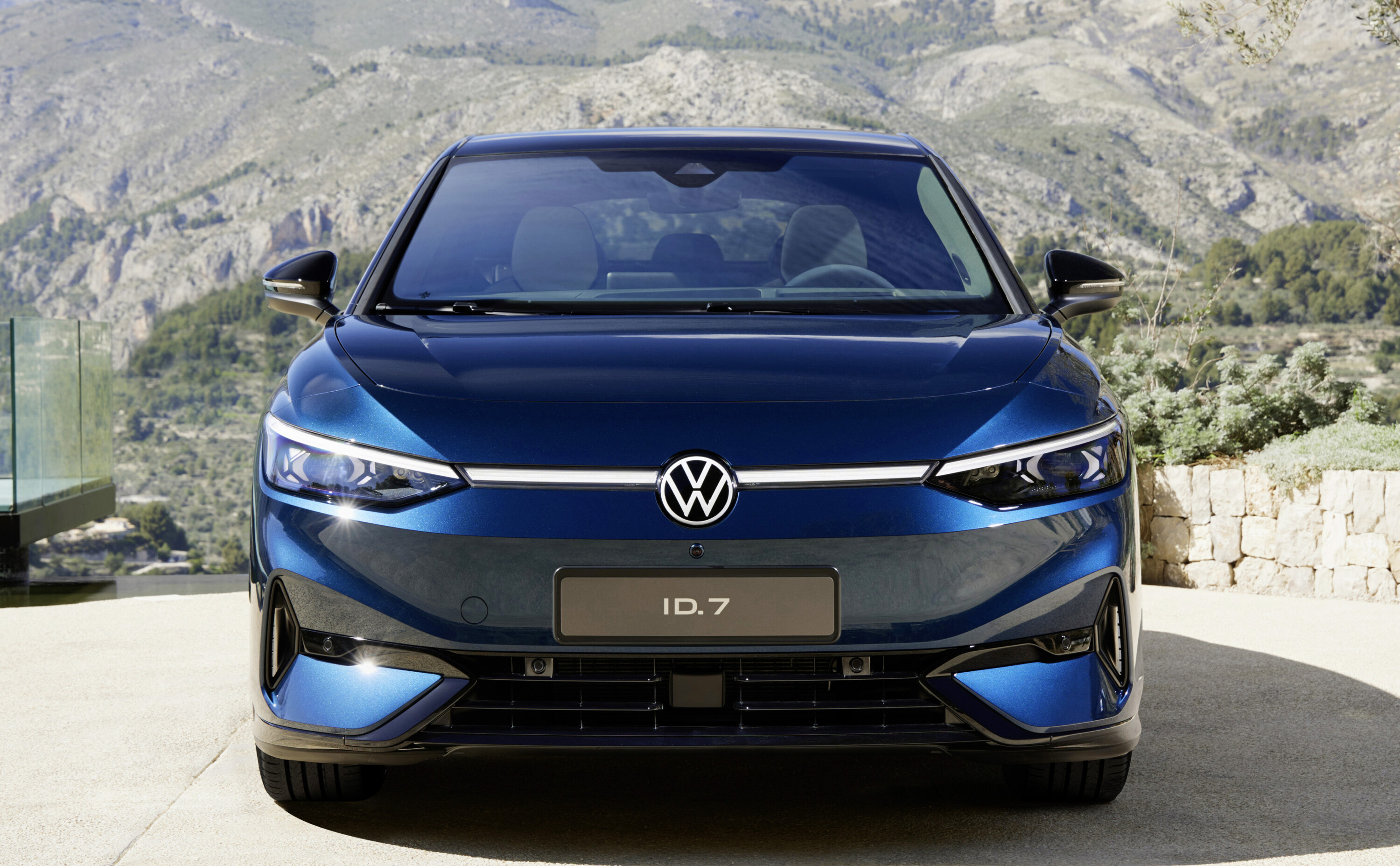
Two battery sizes are offered, with the entry-level Pro sporting a 77kWh (82kWh gross) battery, with support for 170kW fast charging. It has a WLTP-rated 615-kilometre driving range.
Stepping up to the flagship Pro S, the battery grows to 86kWh (91kWh gross), with a WLTP-rated 700-kilometre driving range and 200kW fast charging support.
Up front, the ID.7 looks similar to Volkswagen’s all-electric range, with slim LED headlights, a full-width daytime running lamp strip, and an aero-focused bumper with air curtains.
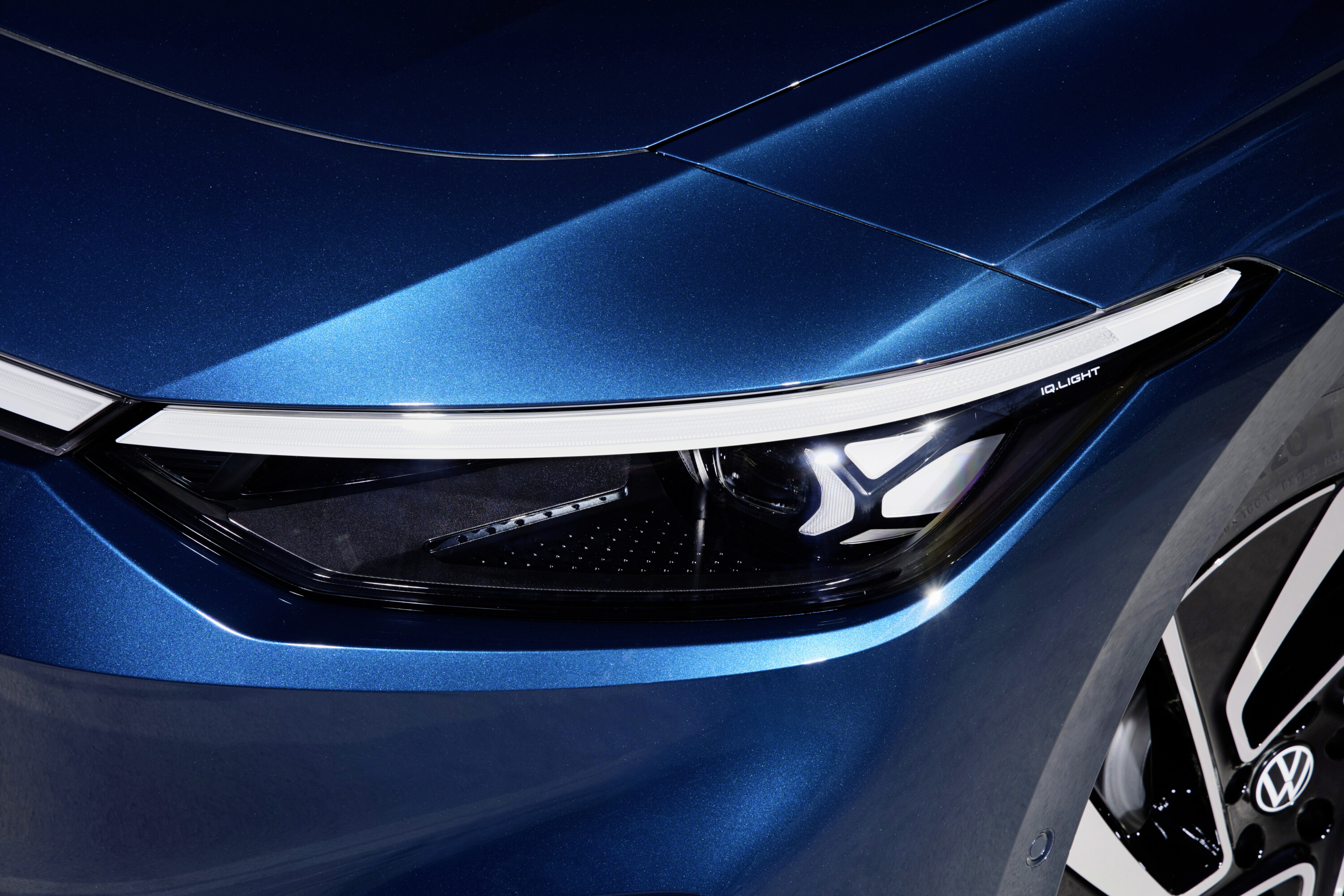
The side profile is again familiar, with a large greenhouse, a white feature line, flush door handles borrowed from the ID.4 and ID.5, and alloy wheels measuring up to 20 inches.
At the rear, the ID.7 features a simplistic look, with full-width LED tail-lights and a gloss-black lower bumper.
Measuring 4961mm long, 1862mm wide and 1538mm tall, with a 2966mm wheelbase, the ID.7 is larger than the Passat and Arteon sedans. For context, the now-axed Passat sedan is 214mm shorter, 42mm narrower and 82mm lower, with 175mm less between the axles.
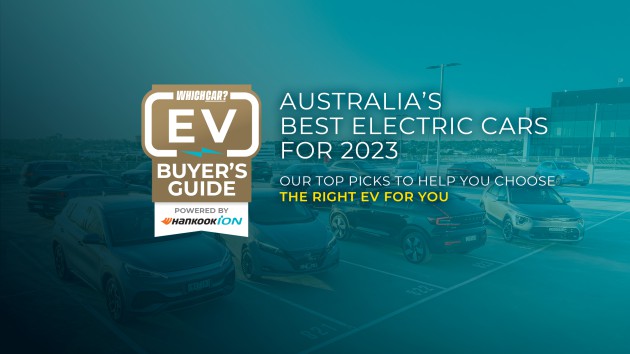
Australia’s best electric cars for 2023
We’ve tested nearly every EV below six figures in Australia to rank the best on sale today
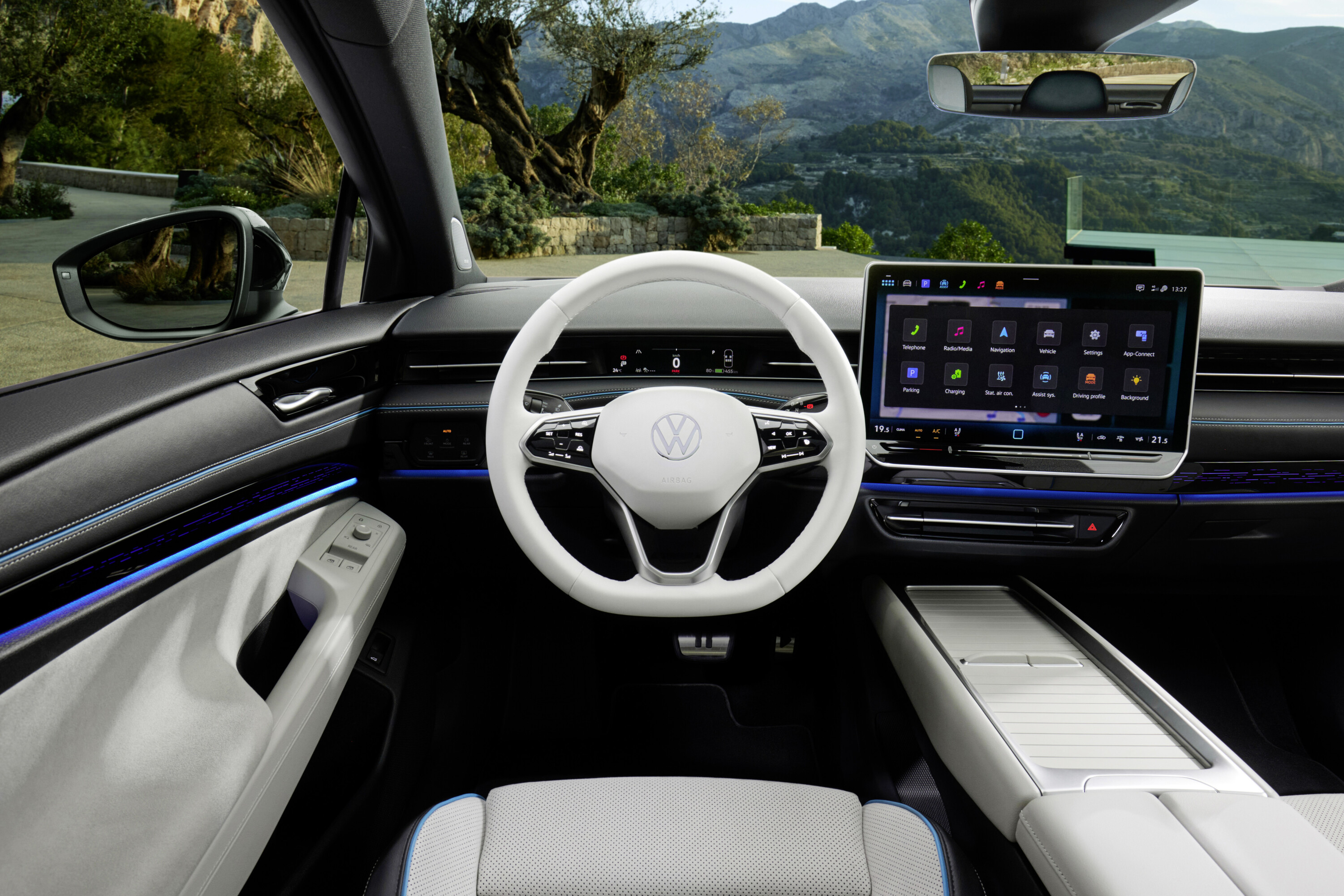
Inside, the ID.7 is headlined by a large 15-inch infotainment system running Volkswagen’s latest software. The brand claims the “graphic interface and menu navigation have been largely reconstructed”, with additional customisation and touch bars.
The controversial touch sliding control panel below the screen remains, however, it is now backlit. In addition, the capacitive-touch steering wheel has been retained, with a gloss black finish. The new-generation Tiguan, due later this year, will return to physical tactile switches.
A simplified instrument cluster positioned ahead of the driver is standard, displaying legally necessary information, such as speed and warning lights, and the battery charge level.
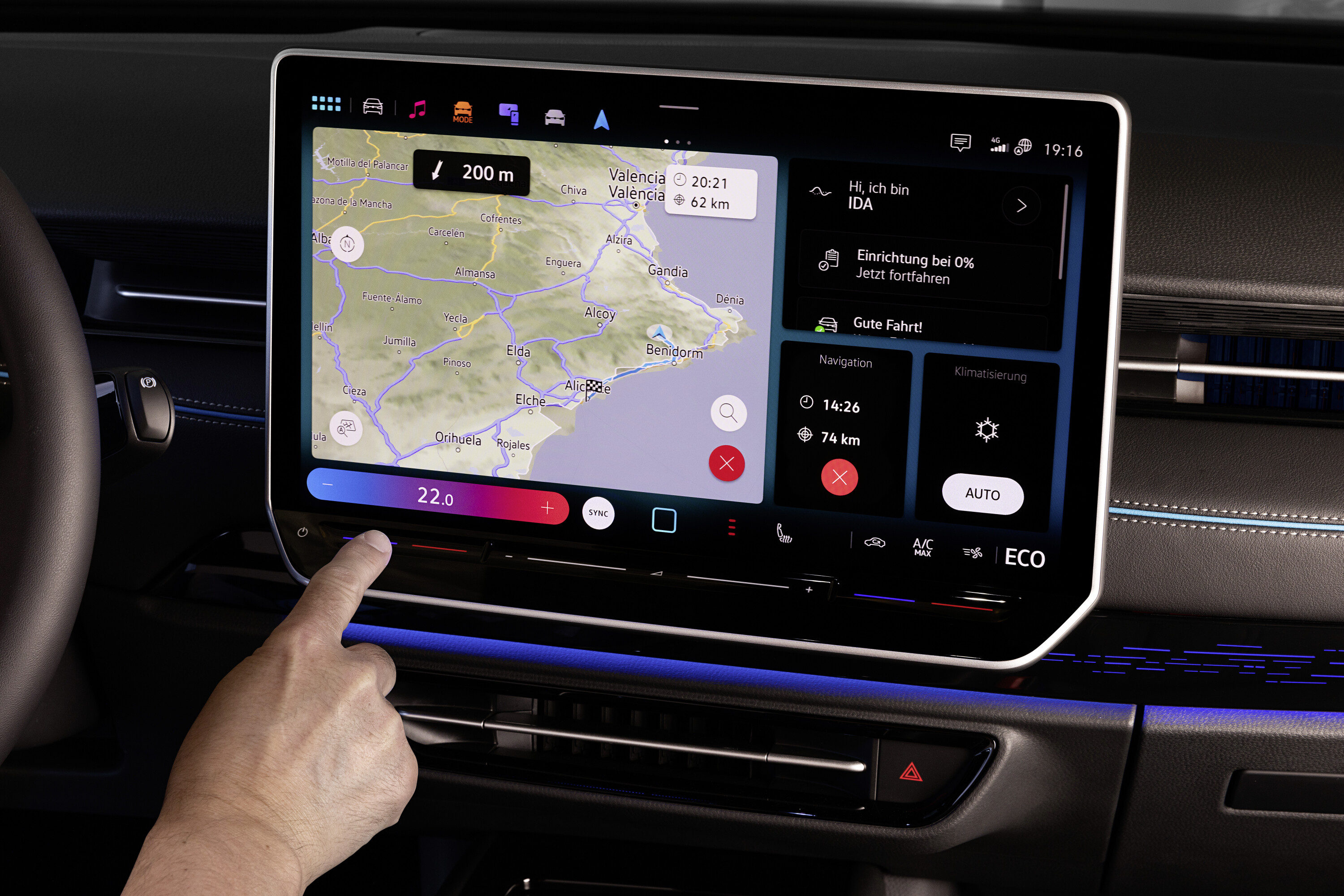
Volkswagen has also fitted a “smart air conditioning” system that activates when the vehicle key is detected nearby and can distribute air over a specified area.
Voice commands can control the air-conditioning system. For example, if the driver says, “Hello Volkswagen, my hands are cold”, the vehicle will activate the heated steering wheel and direct warm air towards the steering wheel for five minutes.
In addition, the ID.7’s windscreen sensor will detect the sun’s position to prioritise cooling warmer zones of the interior on hot days.
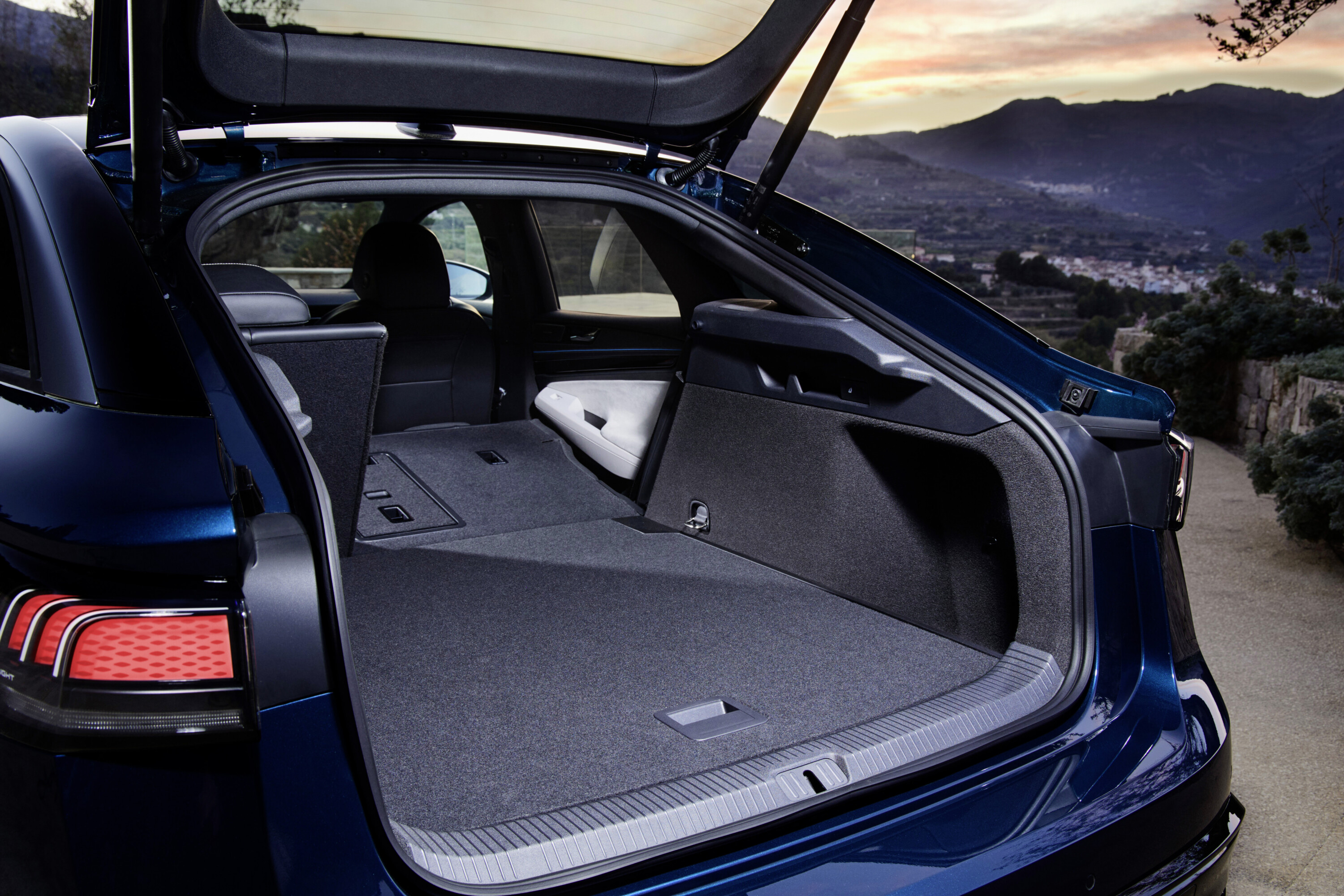
Other interior features include; available 14-way power-adjustable front seats with automatic heating or ventilation, a massaging system with up to 12 air cushions, and an optional panoramic sunroof with a controllable opaque or transparent layer, similar to the Porsche Taycan.
Volkswagen’s semi-autonomous highway driving system – known as Travel Assist – has been enhanced for the ID.7 with assisted lane changes, though it lacks the technology to compete with Tesla’s ‘Enhanced Autopilot’ and ‘Full Self-Driving’ systems.
The vehicle also features an updated automatic parking system with memory, allowing the driver to save parking positions for the car to park itself from the owner’s smartphone.
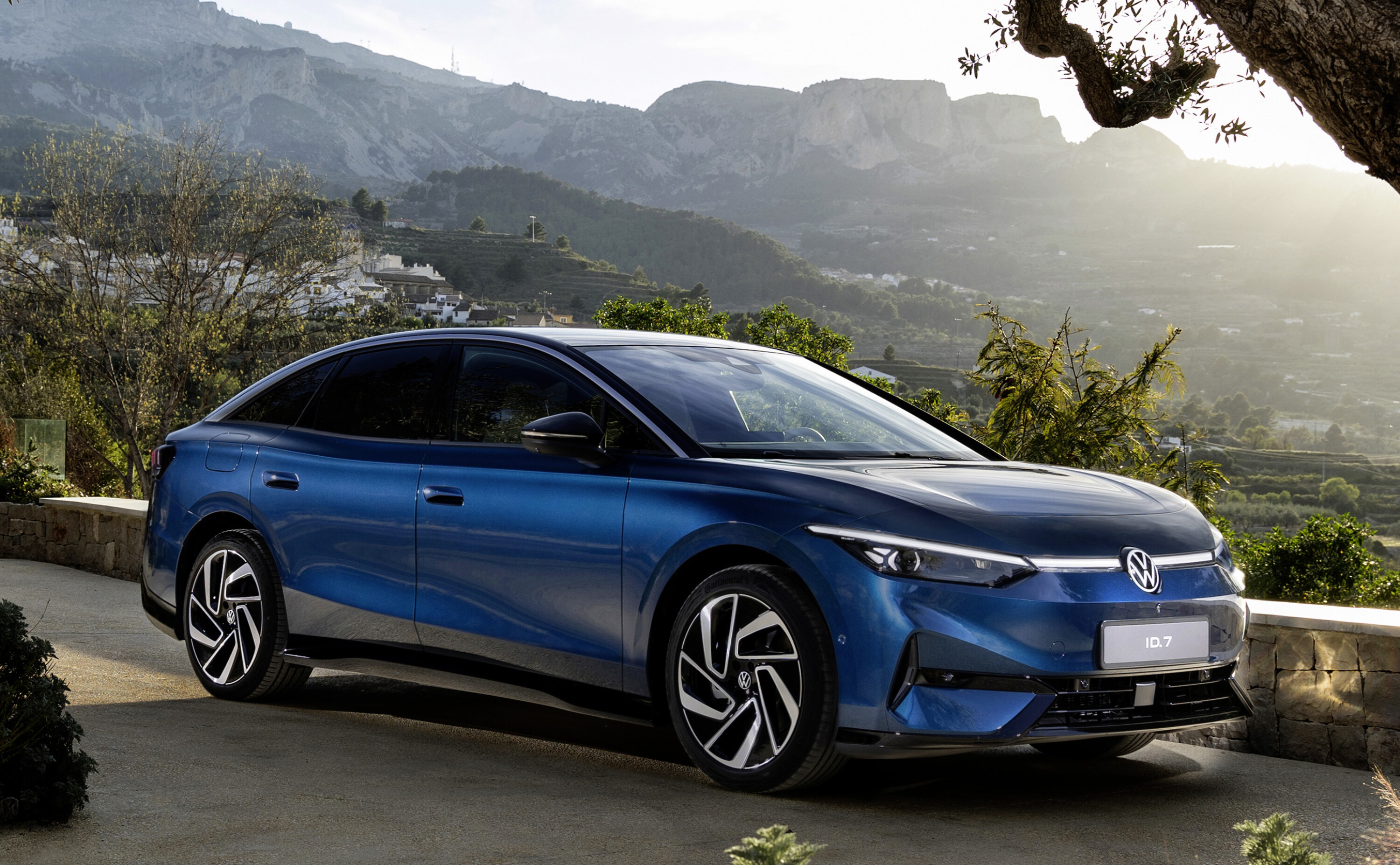
The 2024 Volkswagen ID.7 electric sedan will be produced in Emden, Germany for Europe and North America, while a localised version for the Chinese market was unveiled overnight at this week’s 2023 Shanghai Auto Show.
It will replace the internal-combustion Volkswagen Passat sedan, which ended production for Europe and Australasia in early 2022. The next-generation Passat will only be offered in wagon form, though it has yet to be locked in for Australia.
A wagon version of the Volkswagen ID.7 – previewed by the 2018 ID. Space Vizzion concept – is expected to debut within the next 12 months.
⚡ More EV stories to help you choose the best car for your needs
We recommend
-
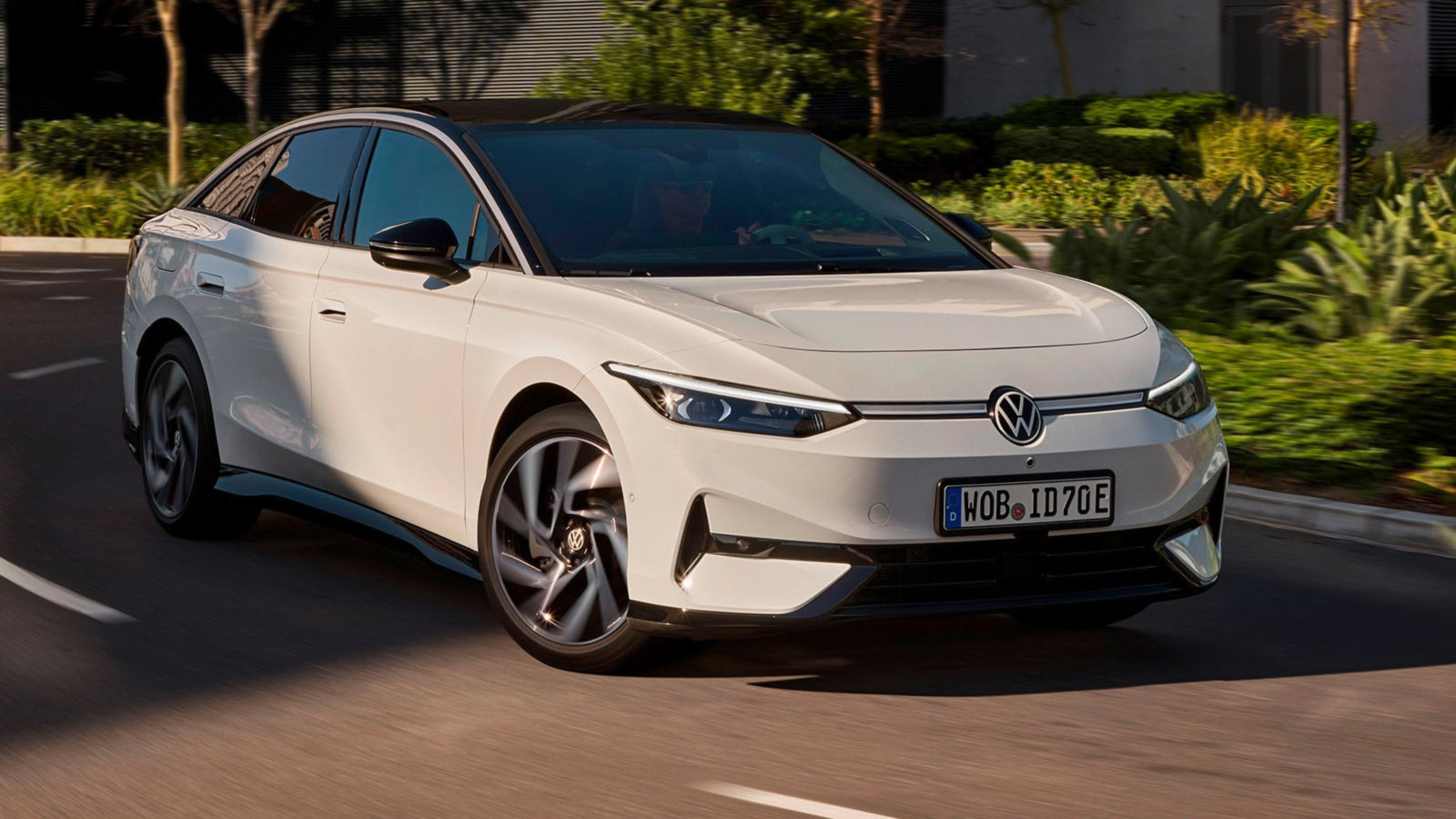 News
NewsVolkswagen ID.7 EV leaked ahead of tonight's debut
The German carmaker has teased the ID.7 EV, which starts to address common interior tech pet-peeves
-
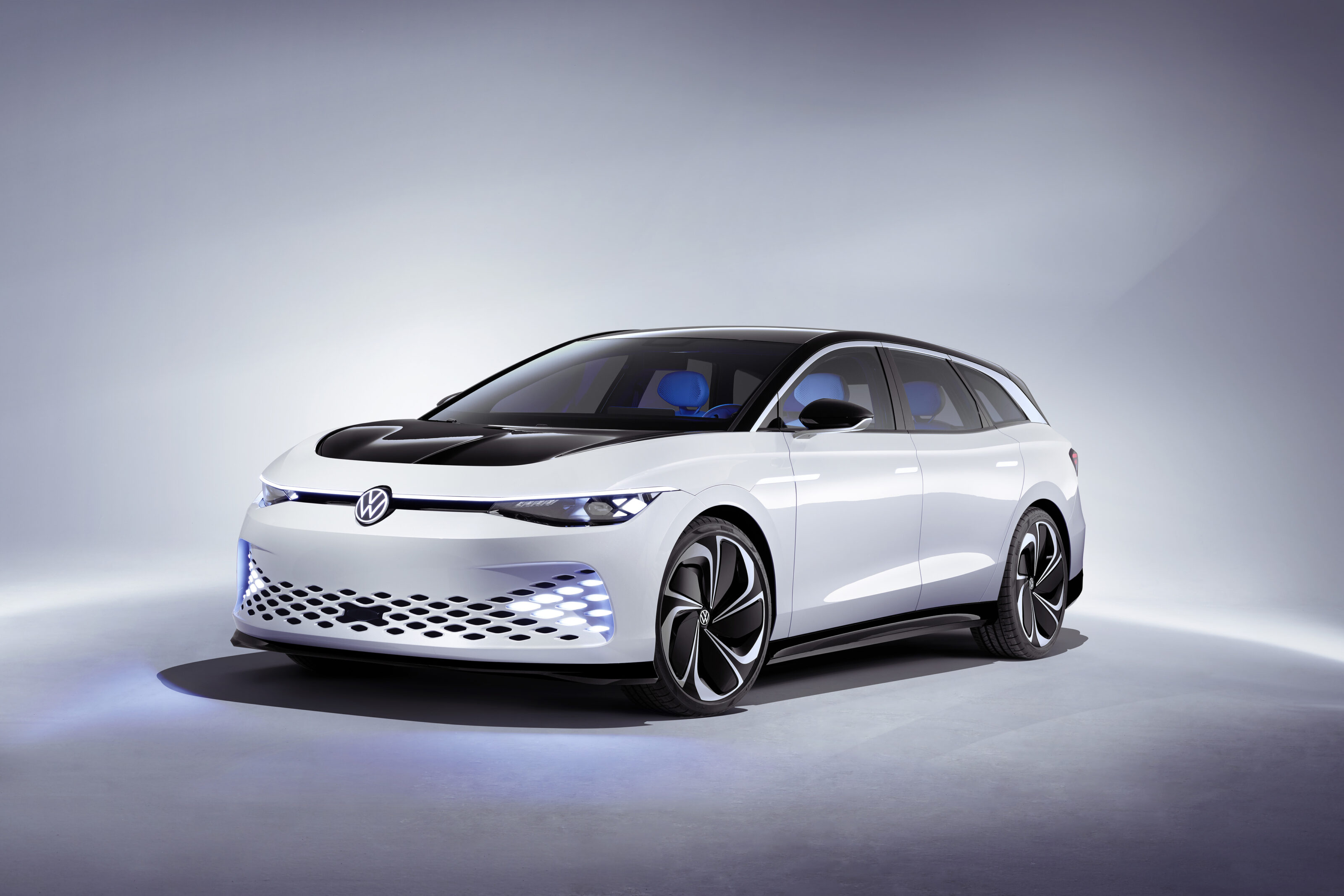 News
NewsVolkswagen ID.7 to become fully-electric Passat successor
The Passat's all-electric replacement has a name, keeping in line with the rest of Volkswagen's EV line-up
-
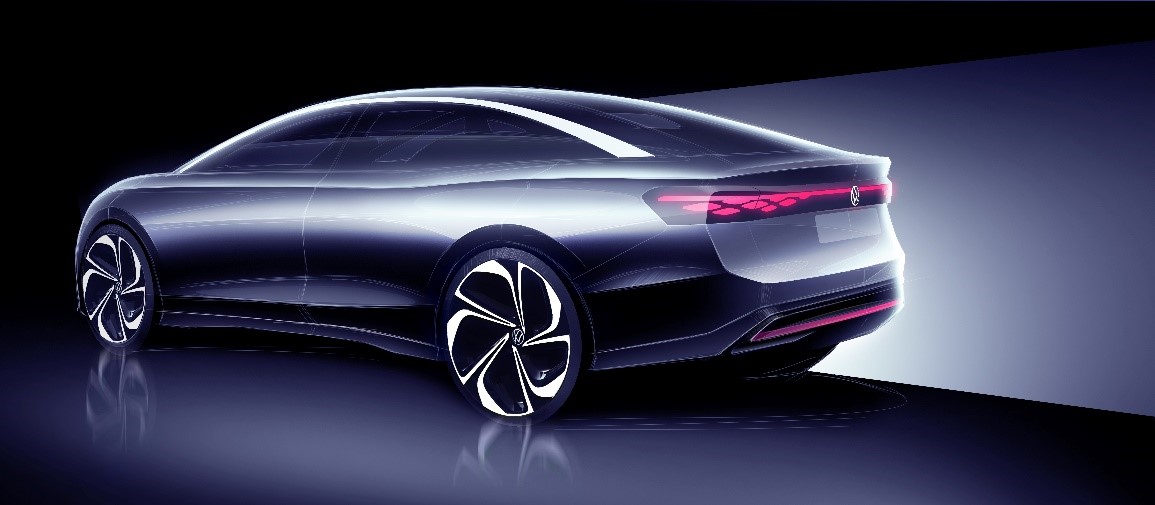 News
NewsVolkswagen ID Aero electric sedan prototype teased ahead of June 27 reveal
Volkswagen has released a design sketch for the ID Aero electric sedan for China, previewing the global Passat-sized ID.7


